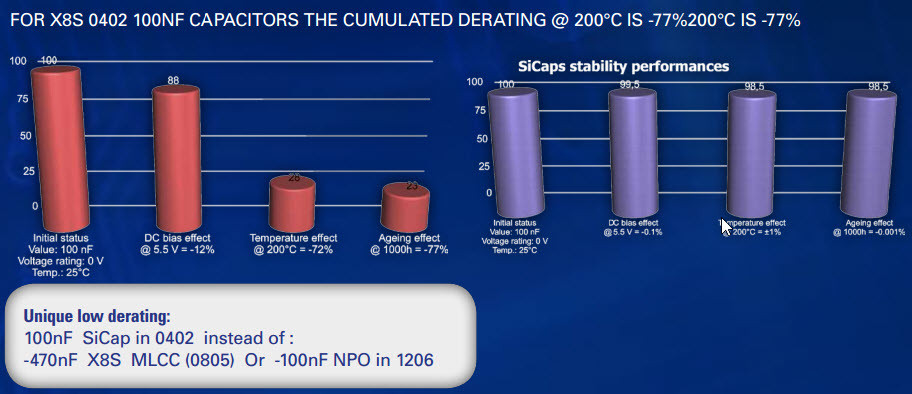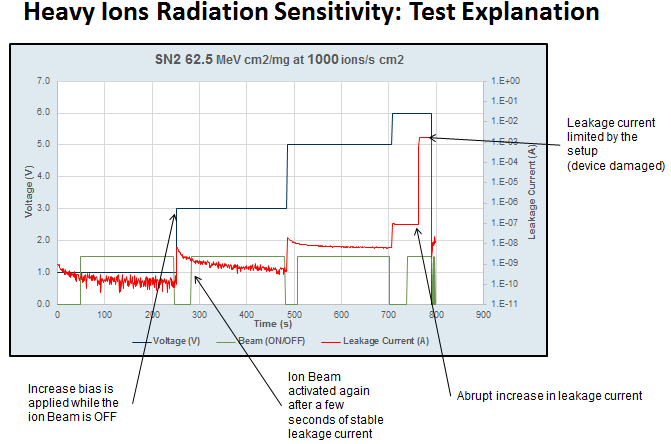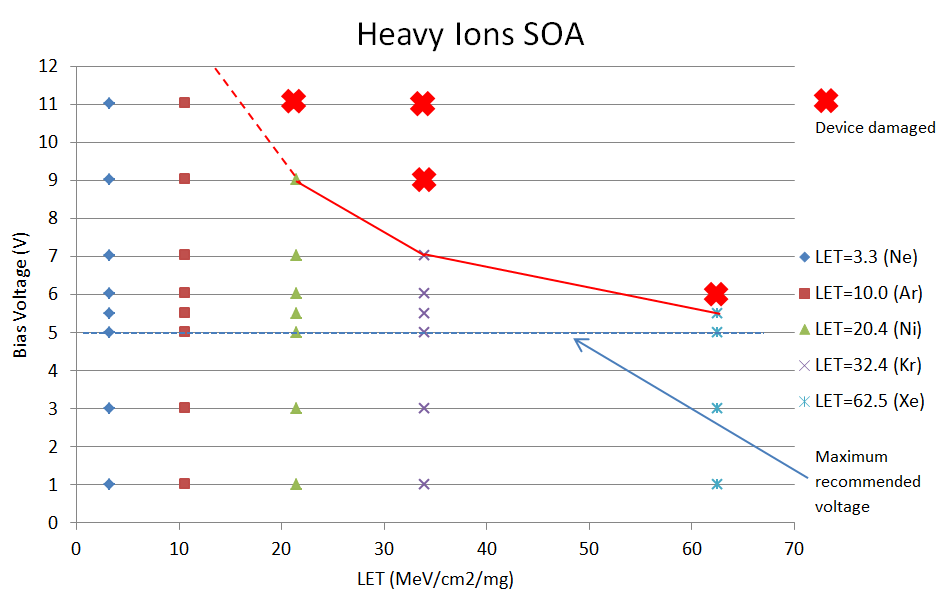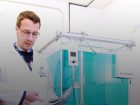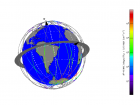Silicon Capacitors Space Pre-Evaluation and Development
Juan Moreno & Demetrio López
( Alter Technology )
Denis Lacombe & Leo Farhat
( European Space Agency )
Charlotte Jennequin & Laurent Lengignon
( IPDIA )
Motivation
It is believed that the recent improvement in silicon capacitor technology might provide very interesting advantages such as stable capacitance value over the operating temperature range (up to 200C-250C) or small dimensions. In addition, these new types of silicon capacitors might be used in different kind of application (DC/DC converter, power decoupling, RF application, etc.) with quite low voltage.
Silicon capacitor might replace advantageously, due to relatively small height, Ceramic capacitor type I (low capacitance value), and even ceramic capacitors type II (low voltage application, i.e. close to Integrated circuit). GaN application which requires high-temperature components would also benefit a high temperature (200C-250C) silicon capacitor range. However, relevant data demonstrating the high reliability, claimed by Silicon capacitor manufacturers shall be provided to confirm parts suitability for space application.
Alter Technology Strategy on Extreme Temperatures
New space missions include more extreme requirements of storage and operating temperatures and vacuum conditions exceeding standard -55ºC / +125ºC conditions Miniaturization implies increase higher power dissipation and hence max junction and PCB temperatures.
Alter Technology Activities
• Parts reliability assessment to ensure mission performance
• Characterization of existing technologies under such extreme temperature conditions
• Understanding of failure mechanism
• Development of specific NEW parts for very extreme application
• Assessment of new packages and assembly methods
Initial Survey
- Literature survey & Questionnaire details as follows:
- Potential manufacturers for Silicon Capacitors
- Export license requirement
- Forbidden materials and materials not compliant with outgassing requirements
- Lead & surface termination data
- Availability of specific mounting requirements
- Identification of potential manufacturers
![]()
Selected Technology for Evaluation Tests
Advantages of IPIDIA´s Technology
Space saving on boards thanks to pics capacitor density 100 nF:PICS vs. COG/NPO capacitors
The Lowest profile: PICS vs MLCC and Tantalum Capacitors
For X8S 0402 100NF Capacitors the cumulated derating @ 200ºC IS -77%200ºC IS -77%
Radiation Tests
Conclusions
Due to these excellent characteristics for Space applications and with the aim of a possible qualification for Space commercial use, an evaluation of different family IPDIA silicon capacitors such as HSSC, LPSC and EXSC IPDIA silicon capacitors was carried out by Alter Technology.
Experimental results of these tests were presented and some conclusions such as their good response to heavy ions and gamma radiation exposure were demonstrated. It is concluded that these capacitors are ideal for space applications.
- Quantum Key Distribution - 7th November 2022
- Conducted Immunity - 20th May 2019
- Electrical transients Test - 2nd May 2019




